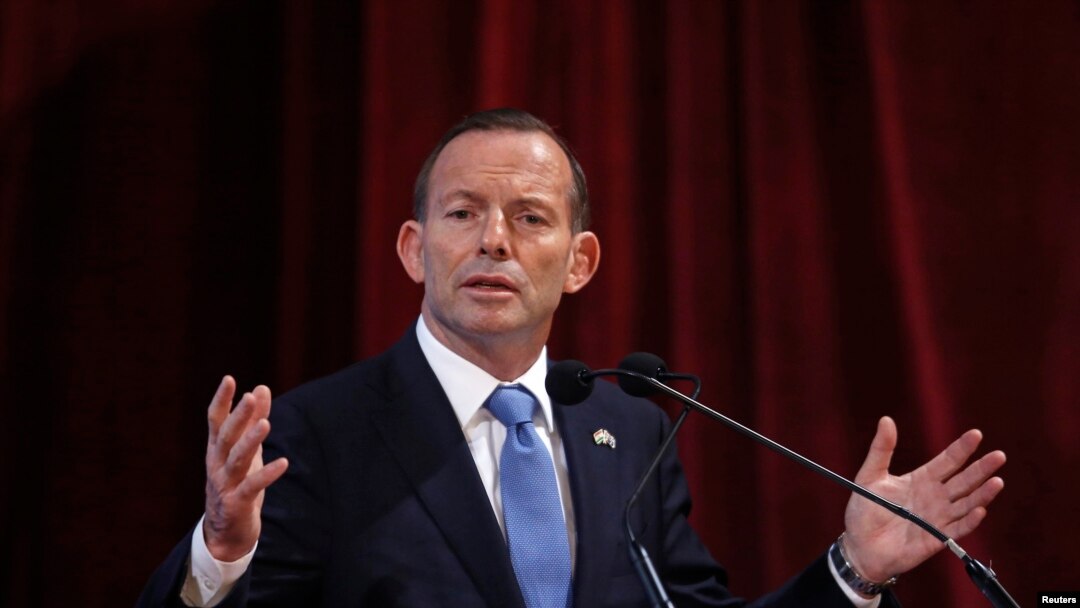Australia's parliament has passed legislation giving intelligence agencies broader powers to fight extremists, such as those associated with the Islamic State group.
The National Security Legislation Amendment Bill passed Wednesday has been slammed by some rights groups and opposition members, who say it erodes freedoms of the press.
Under the legislation, those who expose information related to special intelligence operations can be jailed for 10 years - a measure that could see journalists sent to prison.
Australia's national journalist union says this will effectively "criminalize legitimate journalist reporting of matters in the public interest," saying the law "overturns the public's right to know."
The bill will also allow authorities to search third party computers, ease the process of obtaining search warrants, and offer some immunity for intelligence officers involved in special operations.
Attorney General George Brandis said the government is determined to do whatever it can "to secure our freedoms and keep our people safe." He denied any rights will be violated.
The legislation is the first part of a wider package of laws aimed at addressing the threat of Australians thought to be fighting with the Islamic State in Iraq and Syria.
Lawmakers are still considering a bill that would see Australians jailed for traveling to certain locations where terror groups operate without a reason deemed valid.
Australia recently elevated its terror warning amid threats by Islamic State fighters, who have already carried out video-taped beheadings of three Westerners.
The government estimates around 60 Australians are fighting with the Islamic State group and that another 100 people are supporting the Sunni Muslim group from Australia.
Australia is playing a key part in the United States-led coalition that is fighting the Islamic State, and officials say those efforts are expanding.
Prime Minister Tony Abbott told parliament Wednesday that Australian aircraft will start flying over Iraq in support of allied operations. He said for now, the planes would only conduct refueling and support missions, adding that air strikes are awaiting final clearances.
Australia last month sent 600 soldiers and 10 aircraft to the United Arab Emirates to help the international coalition.



